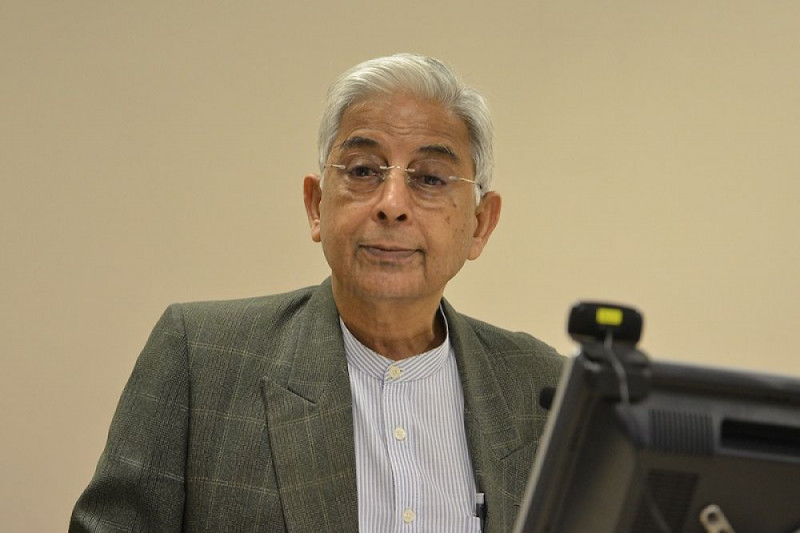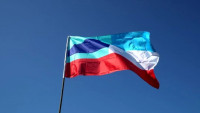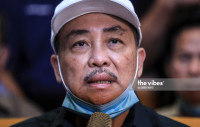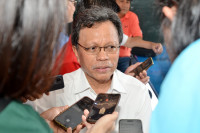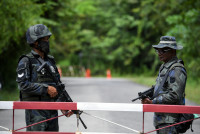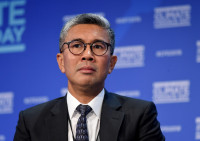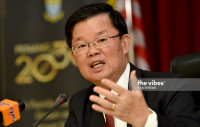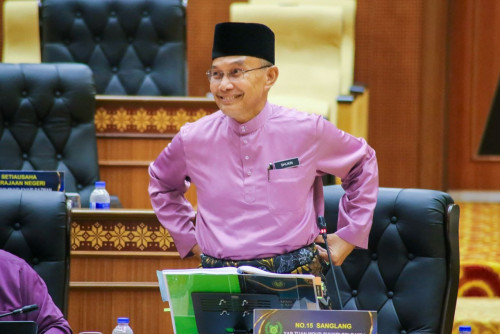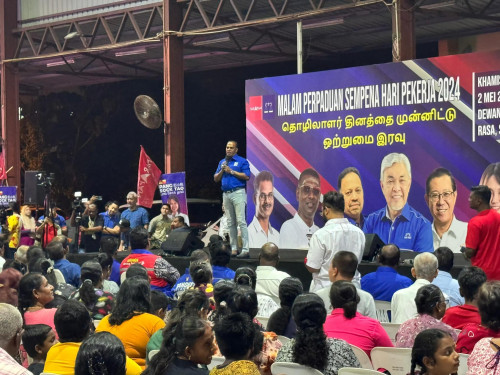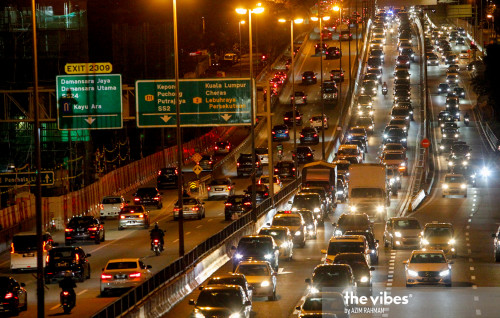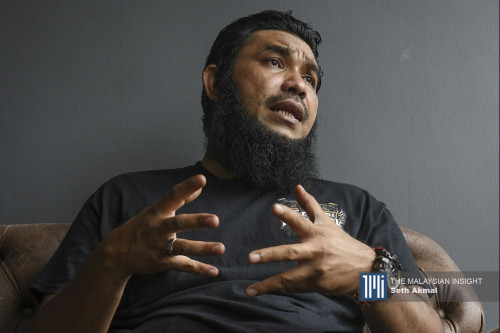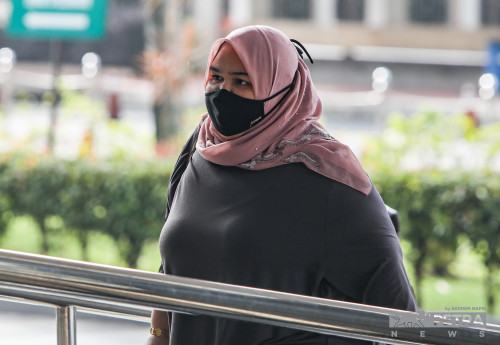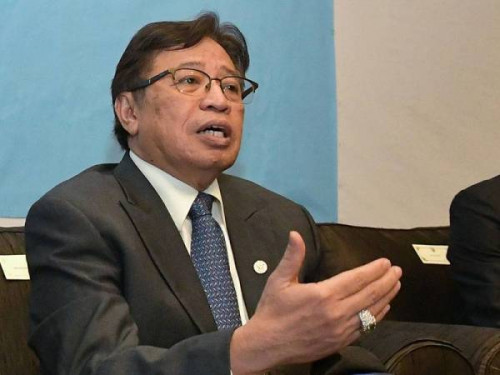KOTA KINABALU – Despite the existence of relevant constitutional provisions under sub-sections 2 and 3 of Article 153, Sabah and Sarawak appear to be largely discounted from the federal public service, especially within the higher echelons of the government, said constitutional law expert Datuk Shad Saleem Faruqi.
“In terms of director-generals, permanent secretaries and other such posts, the people of the Borneo states are seriously under-represented,” he said in a webinar on the significance of the 2021 constitutional amendments to Sabah and Sarawak yesterday.
The indigenous peoples of Sabah and Sarawak, said Shad, share the same rights and protections as Malays under Article 153.
Despite the protection, there is a poor implementation of laws, policies and promises under Article 153.”
Shad also said that Sabah and Sarawak were denied a fair distribution of seats in the Dewan Rakyat.
The proportion of MPs from both states is less than the 33% envisaged for Sabah, Sarawak and Singapore in 1963, which was meant to act as a safeguard against amendments requiring two-thirds majority, he said.
But with Singapore’s separation, Sabah and Sarawak have only 25% representation in the Dewan Rakyat.
“If the Borneo states had 33% representation, they could have blocked any constitutional amendment (which might affect the two states), but with the current (situation) now, they can’t do it,” he said.
What happened to obtaining Sabah, S’wak’s consent on key state matters?
Referring to Article 161E(2), Shad noted that it clearly states that on some matters, no amendments shall be made to the state constitution without the concurrence of the head of states of Sabah and Sarawak.
“Sadly, amendments have been passed, and the federalisation of critical state matters has taken place,” he said.
The amendments that were implemented in relation to Sabah and Sarawak include the federalisation of state matters, such as water (Malaysia Act or Act 26/1963) and tourism (Act A885).
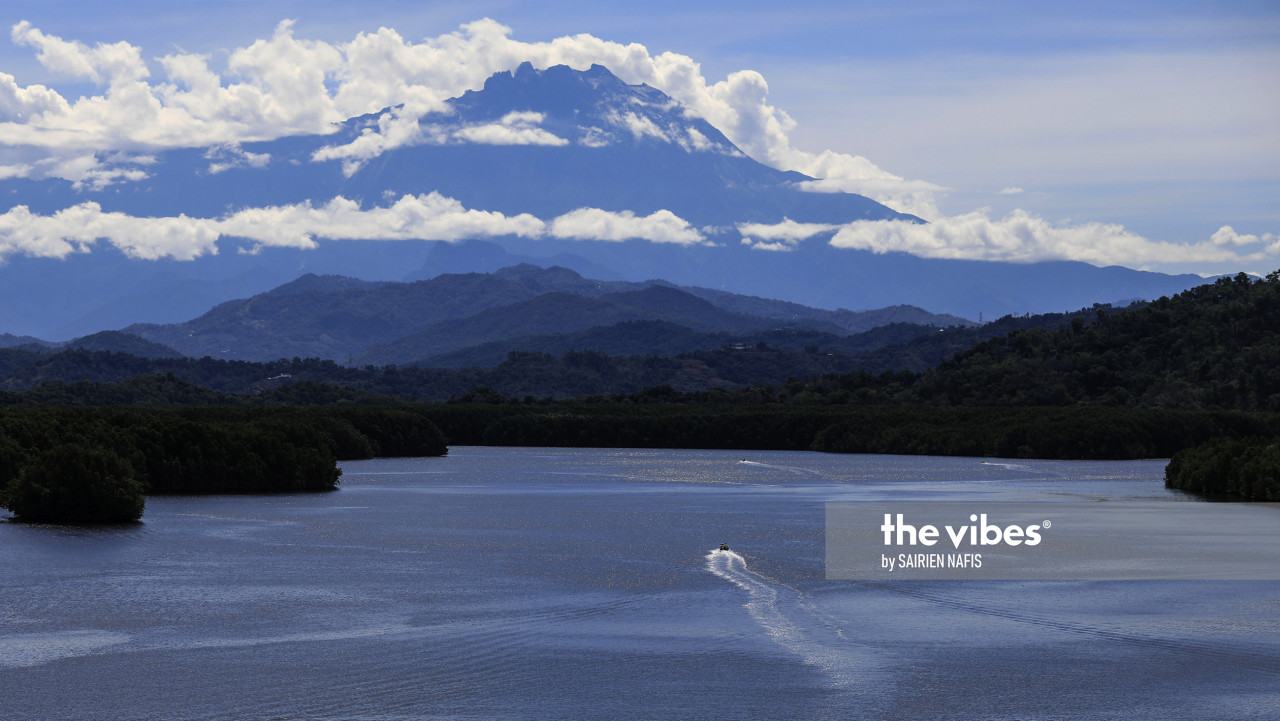
There was also the amendment to Article 121(1), which emasculated the powers of the High Court of Borneo in 1988, and transferred the power of the governors to appoint judicial commissioners to the Yang di-Pertuan Agong in 1994 – as seen in Robert Linggi v Government of Malaysia.
“I think the consent of the governors of Sabah and Sarawak should be obtained, but (it was) not obtained,” said Shad.
Further, the naturalisation of thousands of irregular migrants such as in Sabah’s case, which is in violation of Article 19’s requirements of naturalisation, has destroyed the special rights of the Borneo states over immigration, said Shad.
Peninsular M’sia must learn from Sabah, S’wak on inter-cultural matters
The move towards forming an Islamic state, the plan to introduce hudud laws, and the attempt to export Peninsular Malaysia’s hardline Islamic trend have aroused discomfort among the people of Sabah and Sarawak.
The native “non-Islamic” character of Sabah and Sarawak has been diluted over the years, and Islamisation has been a key policy of the federal government since the 1980s.
There have been repeals of Article 38(7), as well as Articles 161C and 161D. This is clear proof of the point in relations to matters on Islam.
“These articles give Sabah and Sarawak autonomy on the matters of Islam,” he explained.
Shad said laws have been enacted to ensure that in the case of Muslims, native law will not apply, and the shariah courts will instead have jurisdiction over them.
He said this is in contrast to the practice where custom and religion could easily co-exist.
“Sabah and Sarawak, in this respect, are much more successful than the peninsula on how to live in peace and harmony.
“In the past, authorities in Peninsular Malaysia imposed hurdles in the path of importing into Sabah and Sarawak (copies) of Bibles in Bahasa Melayu,” he said.
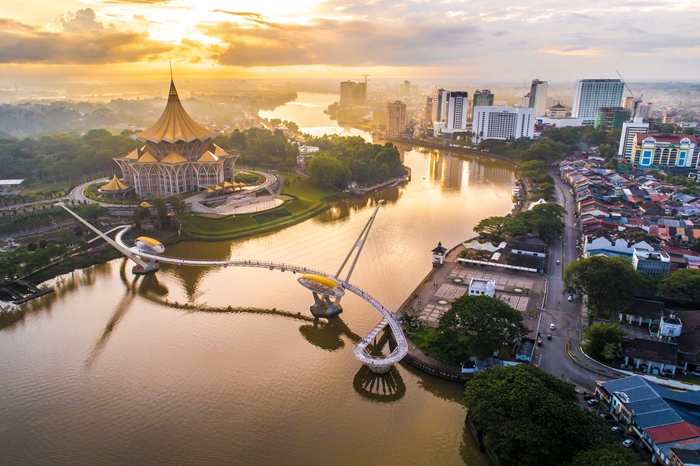
Federal govt not solely to blame?
While observing that Sabah and Sarawak’s autonomy over religion, language and immigration has weakened, Shad opined that the blame should not be placed entirely on the federal government.
It must be noted, however, that on the issues of the federalisation of Labuan, the incorporation of a state religion in Sabah, and the adoption of Malay over English, it is the Sabah assembly, and not the federal government, that amended the state constitution,” he said.
Earlier, Shad said the special rights and autonomy of the Borneo states are contained in about 80 provisions of the federal constitution, and these needed to be resurrected and enforced in letter and in spirit.
The constitutional law expert said while the amendment on Article 1(2) last year was more symbolic, it resolves the many woes the two Borneo states have had to face since Malaysia was formed.
He said additional measures are needed to resolve the long and painful litany of issues pertaining to the two states, including mandatory financial allocations.
Insulting to ignore Malaysia Day for nearly five decades
Shad also said that it is insulting to Sabah and Sarawak how Malaysia Day has been ignored by the federal government for 47 years until former prime minister Datuk Seri Najib Razak declared it as a national holiday in October 2010.
“Even now, I am told that Malaysia Day is primarily celebrated only in Sabah and Sarawak. This should not be so, as Malaysia Day is a significant day.” – The Vibes, February 1, 2022



